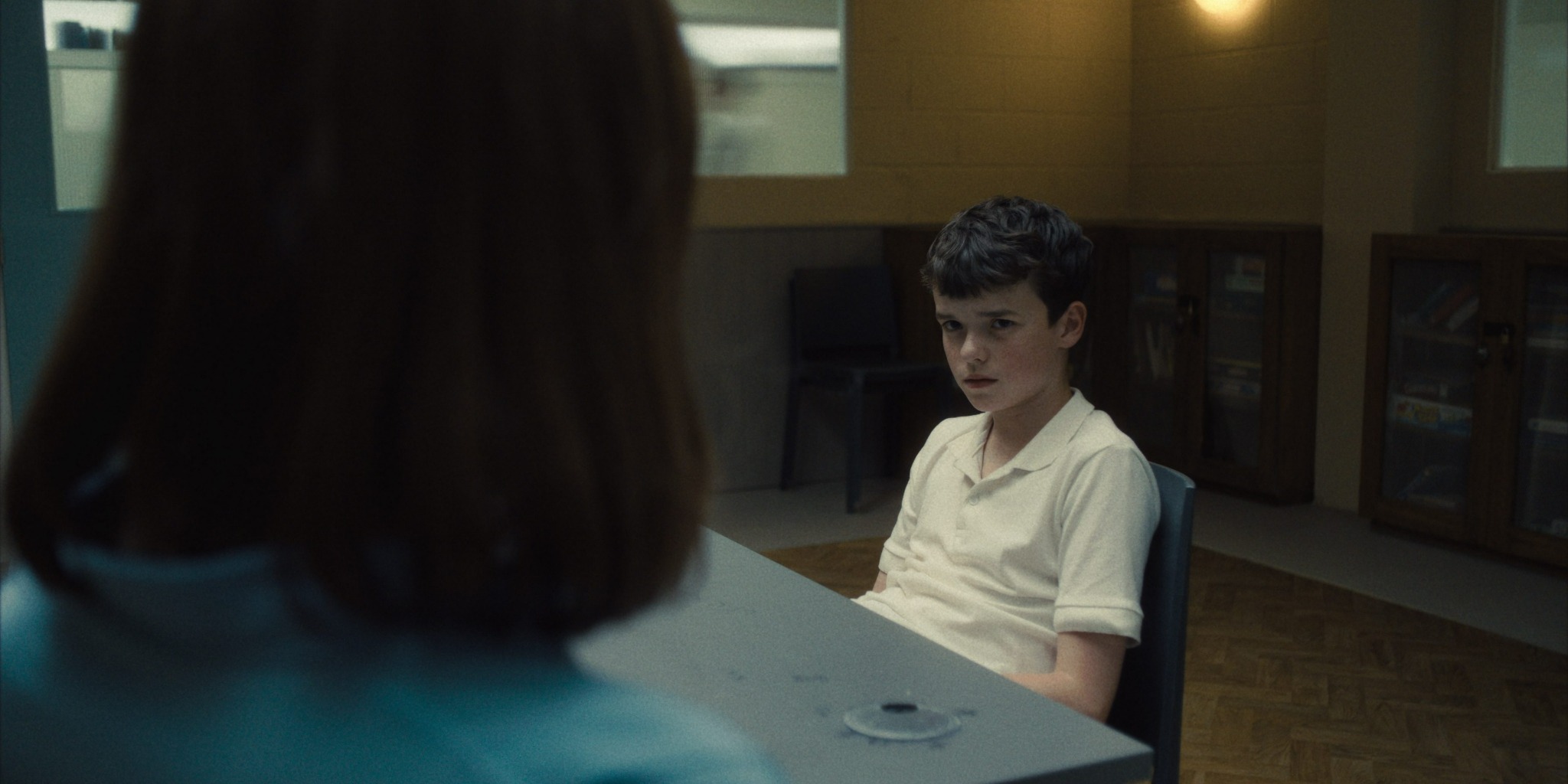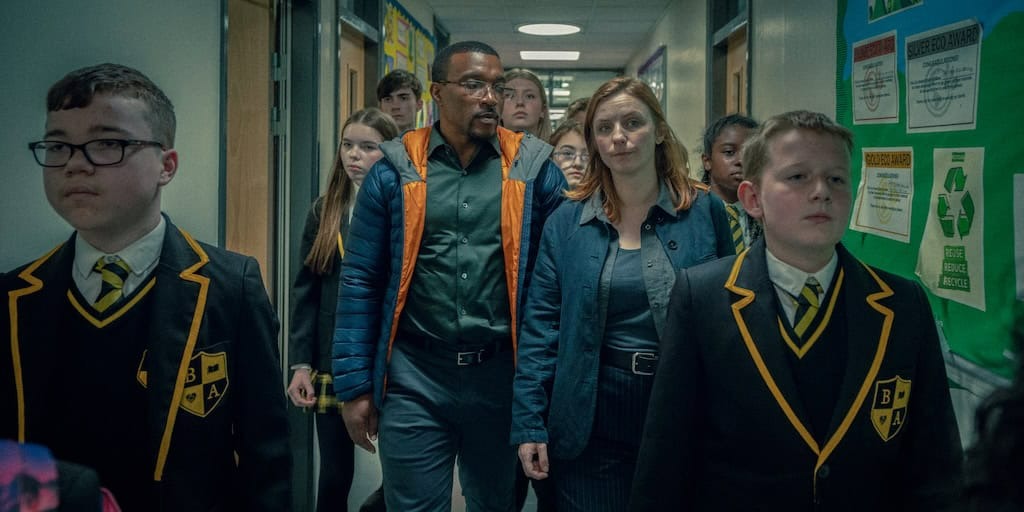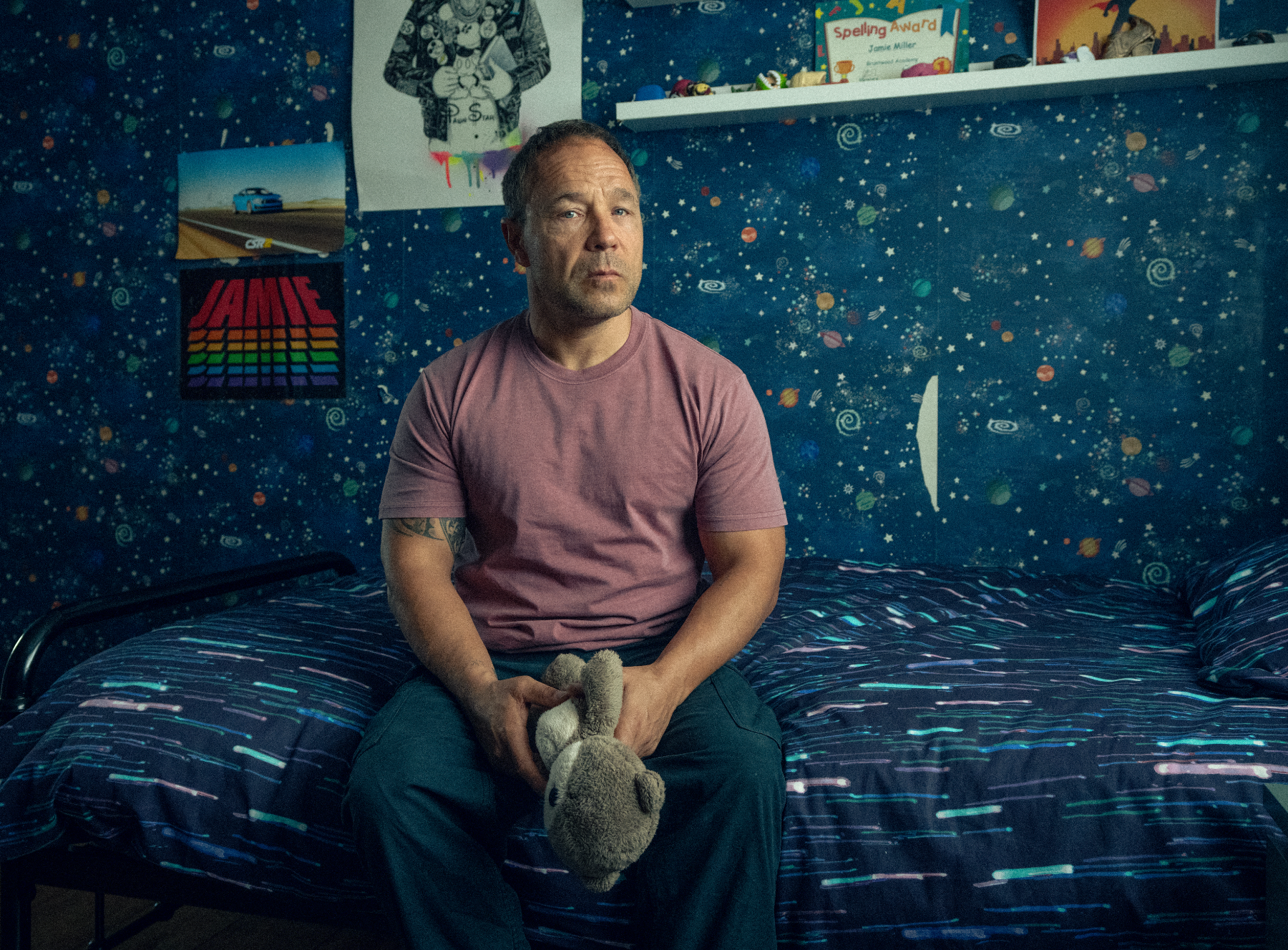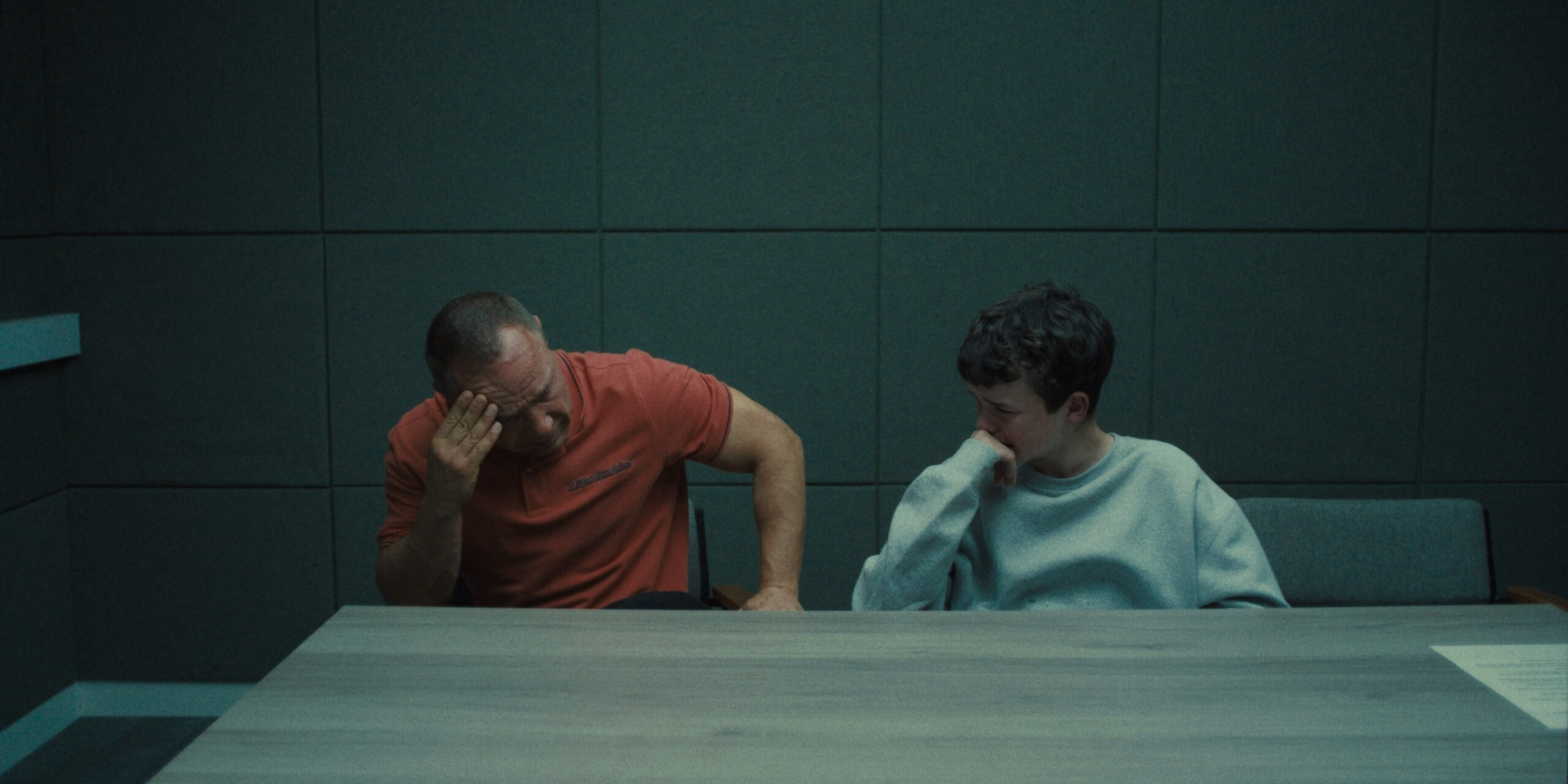After watching the four-part Netflix series Adolescence, Prime Minister Keir Starmer expressed his distress at the premise; a 13 year old girl murdered, a 13 year old boy suspected of it.
In his interview with BBC, Starmer said: "There's a reason why the debate has suddenly sparked into life - a lot of people who work with young people at school or elsewhere, recognise that we may have a problem with boys and young men that we need to address."

But how do we address these influences? How can we treat, what seems to be, an epidemic of toxic attitudes that come to fruition with gendered violence in the youngest of our society?
To get a better understanding of these issues, I had a conversation with my friend, Alfie - a care worker directly involved with children who come from disadvantaged backgrounds. He had this to say regarding his professional experience with helping these children:
As Alfie says, having a system that helps children - who, through one experience or another - are disadvantaged, is incredibly important to creating functioning members of society as well as healthy individuals.
However, as also mentioned, there seems to be a deficit of infrastructure to support them. In 2023, Camhs, a mental health service for children, had an average waiting time of 108 days. Furthermore, of the children who do get referred to the NHS, over a third are not accepted for treatment - an obvious failing in a time when more and more children are experiencing mental health problems.
These are only the children who are willing to come forward for help, or children who are recognised at least to need help. For children like Jamie in Adolescence, it is easy to go unrecognised until the situation reaches a terrible culmination.

In episode 2 of Adolescence, it is easy to see why there could be an issue with recognising troubled children. As detectives Bascombe and Frank walk through the school, we are given a tour of an environment that seems to encourage the concealment of emotions; of weakness.
Young boys bully and hurl abusive comments to other students and teachers, the latter of which simply seems powerless to discipline or intervene. Mr Malik, Jamie’s tutor, seems completely resigned with any sense of responsibility to have spotted areas of concern in Jamie. “Look, these kids are impossible. What am I supposed to do?” he says, resigning any culpability as a guardian figure to these children’s wellbeing.
Instead of being guardians to these children, many of these teachers mimic prison wardens. Impotent to enact any sort of change from the vicious status quo amongst their inmates, stern telling-offs limply fall upon deaf ears who have become desensitised to their meaning. Upon leaving, Bascombe simply says: “it looks like a holding pen.”

It is easy to quickly point to social media as the catalyst for boys like Jamie’s behaviour; of young boys having their minds poisoned by toxic role models, too young to be exposed to fight against it. “Women. You must trick them ‘cause you’ll never get them the normal way.”
But this doesn’t happen in a vacuum. It requires an in-person environment that encourages these ideas, or at least one that is willing to let it go unnoticed.
A parent letting their child go online in their bedroom into the late hours of the night: “what harm could he do in there?”
Teachers relinquishing any hope to tame what seems to be an insurmountable mob of children engaged in bullying and harassment. “It’s absolute chaos.”
Adolescence isn’t about pointing to a single one of these things as the catalyst for Jamie’s actions. It’s about how we address all of them; to allow them to remain children in a world, online and in person, that is ever more hostile to their minds.
If we don’t, more parents like Jamie’s will be left with the question: “should we have done more though?”


0 Comments Add a Comment?